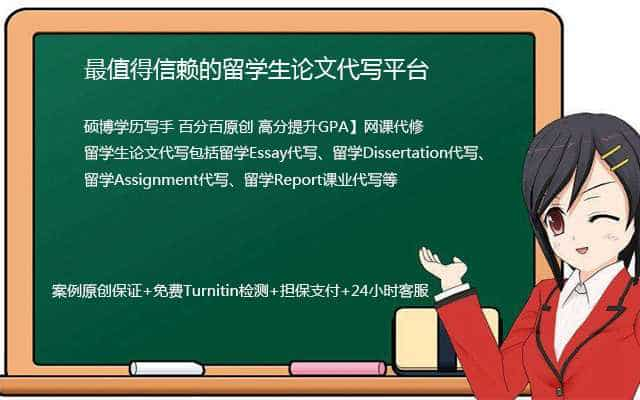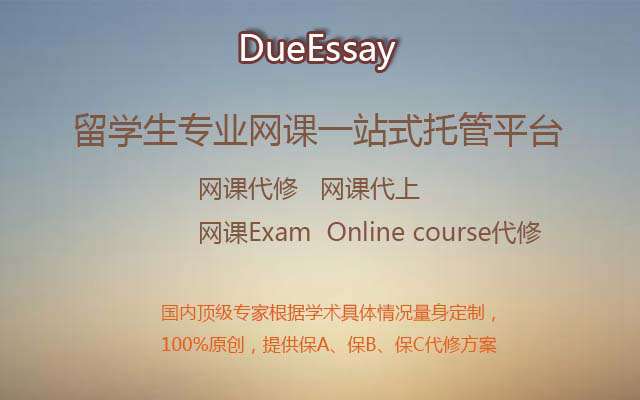
人类学论文代写_高分人类学作业代写
人类学高分论文代写_专业高分人类学作业代写,高分人类学essay代写
ESSAY THREE
In “An Enquiry Concerning Human Understanding” (p. 41), Hume states the following about the principle of causation:
When we look about us towards external objects, and consider the operation of causes, we are never able, in a single instance, to discover any power or necessary connexion [sic]; any quality, which binds the effect to the cause, and renders the one an infallible consequence of the other. We only find, that the one does actually, in fact, follow the other. The impulse of one billiard-ball is attended with motion in the second. This is the whole that appears to the outward senses. The mind feels no sentiment or inward impression from this succession of objects: Consequently, there is not, in any single, particular instance of cause and effect, anything which can suggest the idea of power or necessary connexion [sic].
In the Critique of Pure Reason (B 5), Kant states the following about the principle of causation:
If an example from the sciences be desired, we have only look to any of the propositions of mathematics; if we seek an example from the understanding in its quite ordinary employment, the proposition, ‘every alteration must have a cause’, will serve our purpose. In the latter case, indeed, the very concept of a cause so manifestly contains the concept of a necessity of connection with an effect and of the strict universality of the rule, that the concept would be altogether lost if we attempted to derive it, as Hume has done, from a repeated association of that which happens with that which precedes, and from a custom of connecting representations, a custom originating in this repeated association, and constituting therefore a merely subjective necessity. Even without appealing to such examples, it is possible to show that pure a priori principles are indispensable for the possibility of experience, and so to prove their existence a priori. For whence could experience derive its certainty, if all the rules, according to which it proceeds, were always themselves empirical, and therefore contingent? Such rules could hardly be regarded as first principles. At present, however, we may be content to have established the fact that our faculty of knowledge does have a pure employment, and to have shown what are the criteria of such an employment.

(1)Explain and evaluate the bases of Hume’s critique of the idea of causation. Your answer must discuss and evaluate the four conditions that Hume claims are necessary for a causal event to occur, paying attention to the ideas of “constant conjunction” and “necessary connection”;
(2)Discuss and evaluate Kant’s response to Hume’s argument that experience cannot validate a connection between cause and effect. Your response must discuss the role a priori concepts and intuitions play in Kant’s critique of Hume’s understanding of experience, particularly Kant’s a priori intuitions of space and time.
Each part of your essay must be at least two pages although both parts together cannot total more than five pages. Your essay must be double-spaced, in Times New Roman font, with 12-point type, and one-inch margins. The use of primary sources is preferable in support of your contentions, though you may consult, and use, secondary sources. Be sure to properly cite all sources. Your essay is due to me in hard copy, by email, and by “Turnitin” at the beginning of class on November 29th. The Turnitin version of the paper is the “official” submission and the only one that I will mark up and grade. Please consult the Course Outline regarding downgrades for failing to timely submit the paper by all three methods and, most importantly, for the penalties imposable for plagiarism. Your name, section number, and assignment number must appear in the header of every page, and the pages must be stapled in numerical order. Refer to the Course Outline for a statement of basic principles of good writing. You may call or email me with any questions or concerns you have about the assignment.






